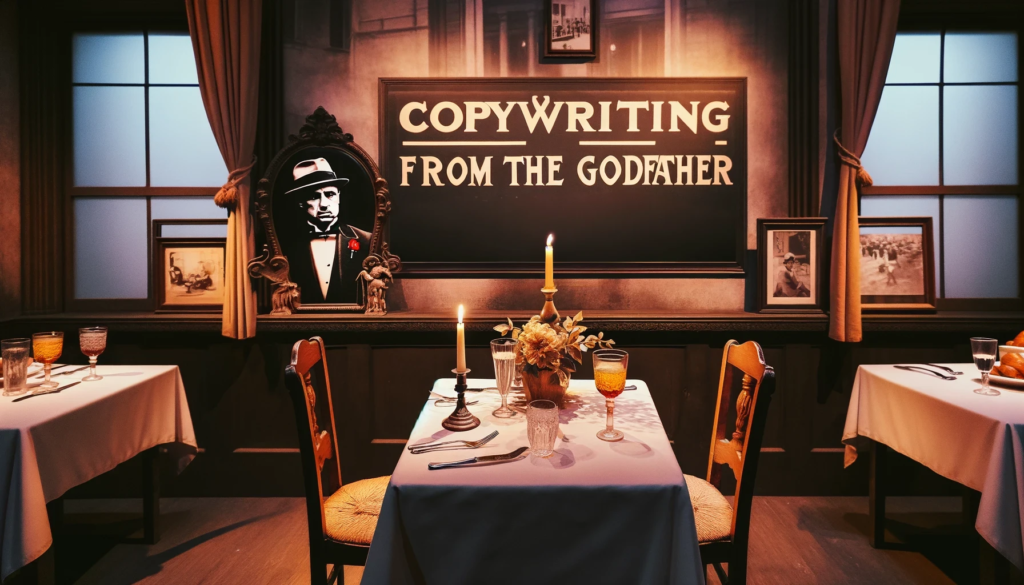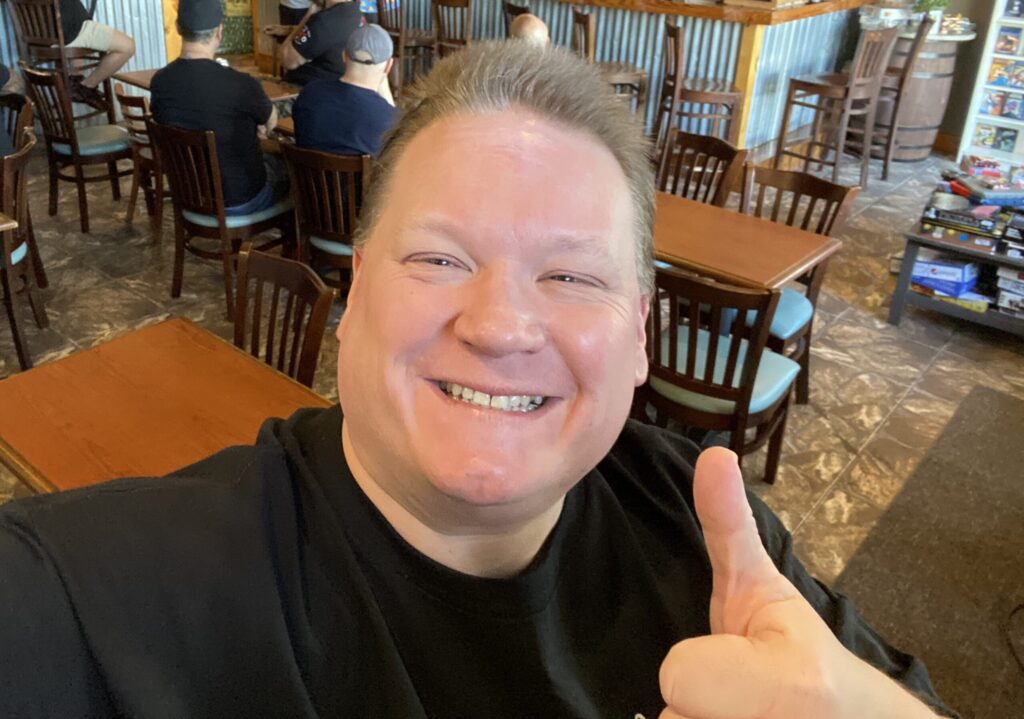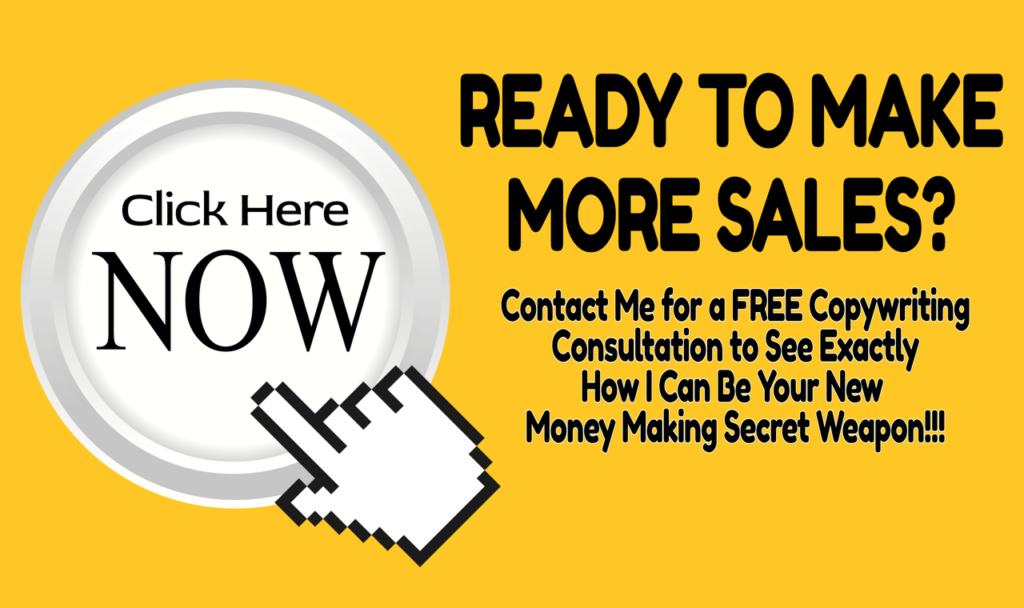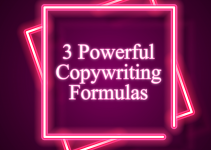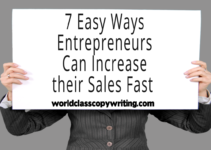When “The Godfather” first hit theaters in 1972, it didn’t just premiere—it prowled onto the scene, made itself comfortable at the top of the box office, and refused to leave, embedding itself in our cultural consciousness.
Directed by Francis Ford Coppola and based on Mario Puzo’s novel, the film offers a compelling look into the gritty, intricate world of the Corleone family, becoming a cornerstone of American cinema. Its quotes and scenes are so iconic that they’ve transcended generations, proving that good art never dies—it only teaches us new tricks.
So, what does a gritty tale of power, loyalty, and conflict have to do with copywriting? More than you might think. The strategies that Vito Corleone and his successors use to influence and persuade are not just for the mob; they’re tactics that can dramatically improve your marketing and sales effectiveness. Each conversation in the film is a lesson in negotiation, each decision a lesson in leadership and timing.
But here’s the million-dollar question: What can a mafia boss teach you about making irresistible offers? Stick around, and you’ll learn how to make your audience an offer they can’t refuse—no horse heads required.
The Art of Persuasion in The Godfather
Vito Corleone, the patriarch of the Corleone family in “The Godfather,” is a master of the soft sell, wielding power with a subtlety that belies the strength behind his words. His approach isn’t about making loud threats; it’s about understanding the person across from him and finding the right lever to quietly press. This method is epitomized in one of the most memorable scenes from the film—the meeting with the Hollywood producer, Jack Woltz.
Woltz initially refuses to cast Johnny Fontane, Vito’s godson, in a movie that could revive his career. Vito sends Tom Hagen, his consigliere, to negotiate. The meeting seems polite and the message simple: “My client would appreciate it if you could find a way to let Johnny do this part.” When diplomacy fails, they resort to a more persuasive argument—Woltz wakes up with the severed head of his prized racehorse in his bed. It’s extreme, but it illustrates the lengths to which Vito Corleone will go to secure loyalty and action, wrapped in the velvet glove of his initial reasonable request.
Now, while you certainly won’t (and shouldn’t) go to such dramatic lengths in your marketing efforts, the core of this technique is about understanding and leveraging emotional leverage points. Whether it’s fear, desire, or something as simple as relief from a problem, knowing what drives your audience allows you to craft copy that resonates on a deeply personal level.
To apply this in copywriting, consider the emotional core of what you’re selling. Are you offering peace of mind to an anxious parent through a security system? Are you providing a sense of belonging to someone purchasing luxury goods? Your job as a copywriter is to frame your offer in a way that taps into those emotions subtly but powerfully, persuading customers to act not out of coercion, but out of a deeply felt connection to what you’re offering. This is the essence of making them an offer they can’t refuse.
Understanding Your Audience’s Needs and Desires
Vito Corleone’s uncanny ability to understand the personal motives and desires of others is a hallmark of his leadership style. In “The Godfather,” he rarely enters a negotiation without first knowing the background, pressures, and weak points of his counterparts. This depth of understanding ensures that he can tailor his approach to each individual, making his offers difficult to refuse.
In copywriting, just as in the corridors of Corleone’s power, knowing your audience is crucial. You’re not just selling a product or service; you’re speaking to hopes, dreams, fears, and needs. The more precisely you can identify these elements, the more effective your copy will be. Here are some practical tips to get to know your audience as well as a mob boss knows his business:
Conduct Surveys: Use tools like SurveyMonkey or Google Forms to ask direct questions about your customers’ preferences, pain points, and expectations. Make your surveys as specific as possible to glean detailed insights.
Social Media Listening: Platforms like Twitter, Facebook, and Instagram are not just channels for broadcasting your message; they are goldmines of customer sentiment. Tools like Hootsuite or Sprout Social can help you monitor what people are saying about your brand and your competitors. Pay attention to the language they use and the emotions they express.
Customer Feedback: Never underestimate the value of direct feedback. Whether it’s through comment sections, customer support interactions, or email responses, the words of your customers are often direct indicators of their needs and desires. Set up a system to regularly gather and analyze this feedback.
By applying these strategies, you’re not just shooting in the dark; you’re becoming a master of audience understanding. Like Don Corleone, you’ll be able to make offers that are perfectly aligned with the desires of your audience, which in turn, makes those offers much more compelling.
The Power of Emotional Appeals
In “The Godfather,” Vito Corleone’s mastery of emotional leverage is a key to his influence. The respect and loyalty he commands, mixed with an undercurrent of fear, compels others to act often against their own self-interest. His approach provides a stark lesson in the power of emotional triggers, a lesson that we can adapt (in a much friendlier way) to the world of copywriting.
Emotional Leverage in “The Godfather”
Vito’s leadership is not just about raw power; it’s about understanding and manipulating the emotional currents that drive people. His interactions are designed to evoke strong emotional responses—be it loyalty, obligation, or fear—to ensure compliance. While we won’t be making any offers involving horses’ heads, we can learn from Vito’s ability to connect on an emotional level.
Using Emotional Triggers in Copywriting
In copywriting, tapping into emotions can compel your audience to act. Here’s how you can use emotional triggers effectively:
Fear: Not the fear of violence, of course, but the fear of missing out (FOMO). This can be utilized to prompt quick action—think limited-time offers or exclusive deals.
Joy: Highlighting the happiness your product or service can bring into a customer’s life can motivate a purchase made in pursuit of that joy.
Urgency: Creating a sense of urgency can lead to quick decisions, encouraging customers to act now rather than later, mirroring the critical, time-sensitive decisions characters must make in “The Godfather.”
Harnessing the power of emotions, just like Vito Corleone, can transform your copy from simple text into a compelling, persuasive message that resonates deeply with your audience. Just remember, the goal is to connect, not manipulate; to understand your audience’s emotional drives and meet them with solutions that truly matter.
Using Storytelling to Strengthen Your Message
“The Godfather” isn’t just a film; it’s a sweeping narrative of power, family, and consequence. The way it unfolds its story grabs attention, builds emotional investment, and leaves a lasting impact—qualities that can transform good copy into unforgettable messaging.
The Narrative Prowess of “The Godfather”
In “The Godfather,” storytelling is everything. It weaves complex characters, high stakes, and moral quandaries into a narrative that viewers can’t turn away from. This storytelling compels viewers to invest emotionally and psychologically, drawing them deeper into the Corleone family’s world. Similarly, your marketing copy should draw in your audience, making them part of the story you’re telling.
Techniques for Incorporating Storytelling into Your Marketing Copy
Start with the ‘Why’: People are driven by reasons. Begin your copy with why the product exists and why it matters. This hooks readers by aligning with their values or piquing their curiosity.
Create Characters: Your product or brand can be a character. What’s its personality? What challenges does it face? How does it overcome them? Relatable characters make your message resonate more deeply.
Build a Journey: Show the evolution of your product or the journey of your brand. How did it come to be? What obstacles were overcome? This journey can parallel your customer’s own journey, creating a mirror that reflects their own aspirations or challenges.
Incorporate Conflict: Conflict creates tension and interest. Perhaps it’s the problem your product solves or a market challenge it overcomes. Showing how your product or service helps navigate or resolve these conflicts can make your message more compelling.
Climax and Resolution: Every good story needs a satisfying ending. Show how using the product or engaging with the service provides a resolution. What is the payoff for the customer?
Using “The Godfather” as inspiration, your copy can employ storytelling not just to sell, but to engage and inspire, turning every point of contact with your customer into a scene they can’t forget.
Conclusion
In the shadowy corridors of “The Godfather,” where power plays and whispered deals set the tone, there’s a trove of wisdom to be mined for anyone keen to master the art of copywriting. As we’ve journeyed through this classic narrative, we’ve extracted invaluable lessons on understanding your audience, harnessing emotional appeals, crafting irresistible offers, building lasting relationships, and maintaining ethical integrity. Let’s take a moment to recap these fundamental strategies that can transform your marketing efforts:
Understanding Your Audience: Like Vito Corleone, know who you’re speaking to. Delve deep into their desires, fears, and needs to tailor your message with precision.
Emotional Appeals: Draw from the rich emotional palette of your products or services. Whether it’s invoking fear, joy, or urgency, connect with your audience on a deeper emotional level to drive engagement and action.
Crafting Irresistible Offers: Combine value, scarcity, and exclusivity to make your propositions too good to refuse. Remember, it’s about making your audience feel like they’re getting the better end of the deal.
Building Relationships: Follow Michael Corleone’s lead in nurturing connections, not just clinching transactions. Forge lasting relationships through consistent, honest, and valuable communication.
Ethical Considerations: Maintain integrity and honesty in all your communications. Your reputation as a trustworthy marketer is your greatest asset.
I’d love to hear how you integrate these principles into your work. Share your experiences, successes, or challenges in the comments below, or reach out if you need personalized advice to refine your approach. Let’s keep the conversation going and help each other grow in the craft of copywriting. Remember, in our world, it’s not just about making offers—they have to be offers that no one can refuse.
ABOUT ROBERT SEAN PASCOE
Robert Sean Pascoe is a direct response copywriter and marketing strategist who works with entrepreneurs worldwide to create advertising and marketing campaigns that MAXIMIZE their profits.
He LOVES Rock N Roll, old school pro wrestling, Star Wars and pretty much ANYTHING 1980’s.
With 7 years of freelance copywriting experience and a lifetime in sales, Robert knows how to use the power of words to sell virtually anything to anyone, especially if the market has been properly defined (and you BETTER have that right!).
Robert enjoys primarily working with small business owners to sell more of their products and services through the power of direct response advertising and marketing.
He has written sales copy for companies in such diverse niches as Weight Loss Supplements, Skin Care, Male Enhancement, Local Marketing Agencies, Live Event Seminars, Software Developers, Insurance Agencies, Real Estate Brokerages, Marketing Consultants, and many, many more.



